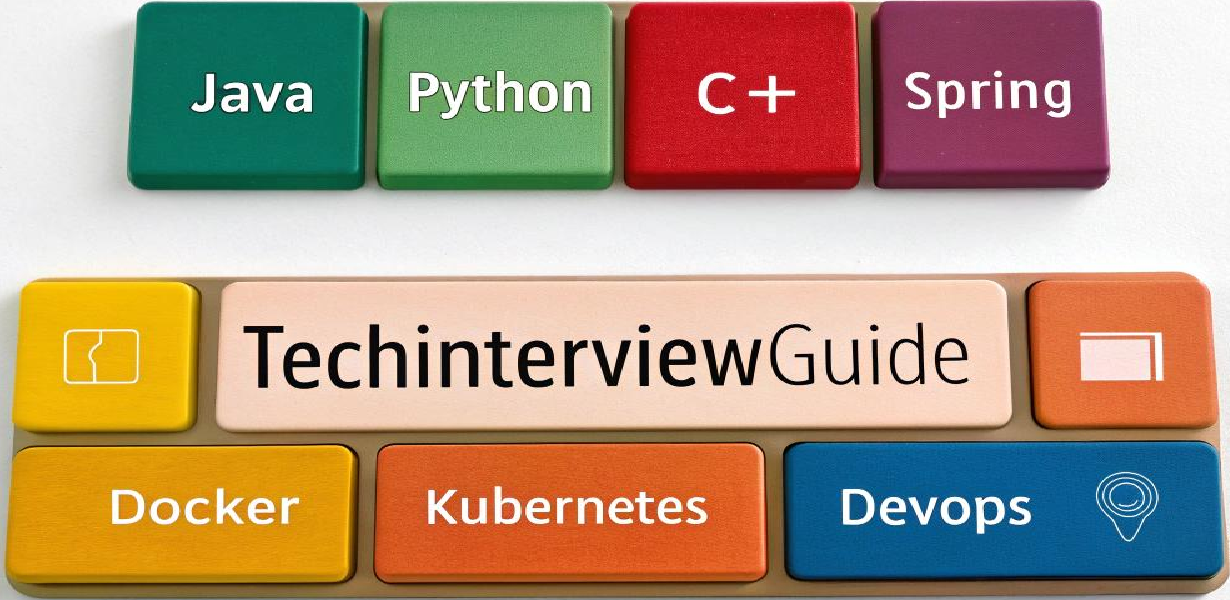How Can You Use Lambda Expressions with Java’s Event Handling Model?
Learn how to simplify Java event handling with Lambda expressions. This article explains how Lambda expressions can be applied to Java’s event-driven model, improving readability and reducing boilerplate code in Java applications.

